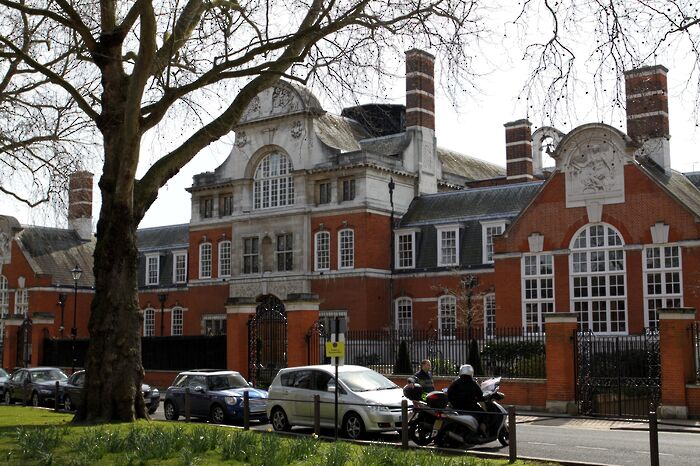Cambridge to offer disadvantaged students who beat A level predictions second chance at acceptance
It is estimated that the scheme will offer places to up to 100 students who were interviewed at Cambridge and fell just short of an offer

Cambridge has said it will allow disadvantaged students who outperform in their A-levels to refer themselves to be reconsidered for acceptance by the University, marking a break from its largely inflexible policies on admissions.
Under the new scheme which is set to be rolled out in this year’s exam cycle, up to 100 students from underperforming UK schools and underrepresented backgrounds will be offered places. The decision marks the first time that Cambridge will participate in the UCAS ‘adjustment’ process, through which students whose A level grades were higher than predicted are able refer themselves to other universities, according to The Guardian.
The decision will mean that disadvantaged students do not have to wait a year before reapplying to Cambridge – often a financially difficult option, inaccessible for many students from low-income backgrounds.
Got a story for us?
Seen something you think Varsity should be talking about? Contact our News team at news@varsity.co.uk.
To be eligible, students will be required to have met or exceeded Cambridge’s A level requirements for the subject they applied for. Cambridge does not systematically make contextual offers, where lower offers are given to students from underrepresented backgrounds.
The scheme will judge underrepresentation depending on the deprivation index of the candidate’s address, and the average rates of university progression of the region. It will also take into consideration the Oxbridge success rate of the applicant’s school, and the applicant’s school type, whether the student has been in care or has faced extenuating family circumstances or health problems, and if they receive free school meals. Mature applicants will be considered on a case-to-case basis.
The scheme is restricted to UK students seeking to study the same subject that they originally applied for.
Independents and grammars comprehensively over-represented at Cambridge
Cambridge currently faces dramatic access disparities in regional acceptances. Its Area Links Scheme, which assigns colleges to target access work to particular regions, is one effort aimed at mitigating the overrepresentation of students from London and the South East. However, the existing system has faults in unevenly distributing access efforts, where, for example, underrepresented areas of London are targeted by 17 colleges, while the entirety of Wales is targeted by just two.
The new scheme is the latest attempt by Cambridge to improve its widening participation efforts, which has remained a consistent source of criticism levied at the University. A recent investigation by Varsity found that in the decade between 2006 and 2016, over half of students accepted to Oxbridge hailed from just 250 schools, while admissions statistics in 2017 calculated that black applicants had application success rates on average 15.2 percentage-points lower than white applicants.
In a statement, Director of Admissions Dr Sam Lucy emphasised the academic strides students may make between applying to Cambridge and sitting their A-levels: “Students have to apply almost a year before they start their course, and some may be on an upward academic trajectory and not demonstrating their full academic potential at the point of interview.
“Adjustment provides those students who go on to achieve highly with an opportunity to be reconsidered as soon as they have their final results, rather than having to make a reapplication the following year”, she added.
CUSU Access & Funding Officer Shadab Ahmed praised the new scheme, saying: “This will mean students will not be forced to take a gap year, which is often infeasible for many students, especially for those from a widening participation background.”
Plans for a separate foundational year and bridging programme are also underway for applicants from widening participation backgrounds. The foundational year will provide students from disadvantaged backgrounds with an academically rigorous one-year programme before progressing to their undergraduate degree, while the three-week bridging programme will be aimed at aiding accepted students from underrepresented backgrounds who narrowly missed their Cambridge offer.
 Comment / Cambridge’s tourism risks commodifying students18 April 2025
Comment / Cambridge’s tourism risks commodifying students18 April 2025 News / Cambridge student numbers fall amid nationwide decline14 April 2025
News / Cambridge student numbers fall amid nationwide decline14 April 2025 News / Greenwich House occupiers miss deadline to respond to University legal action15 April 2025
News / Greenwich House occupiers miss deadline to respond to University legal action15 April 2025 Comment / The Cambridge workload prioritises quantity over quality 16 April 2025
Comment / The Cambridge workload prioritises quantity over quality 16 April 2025 News / Varsity ChatGPT survey17 April 2025
News / Varsity ChatGPT survey17 April 2025






